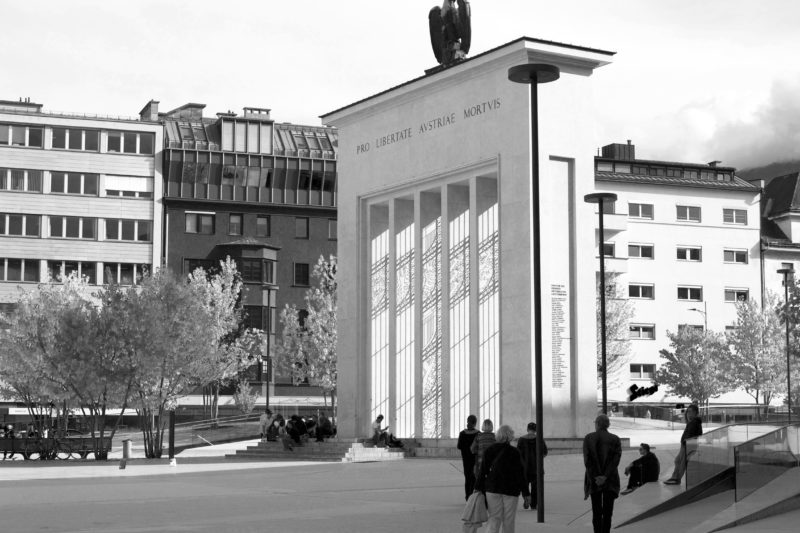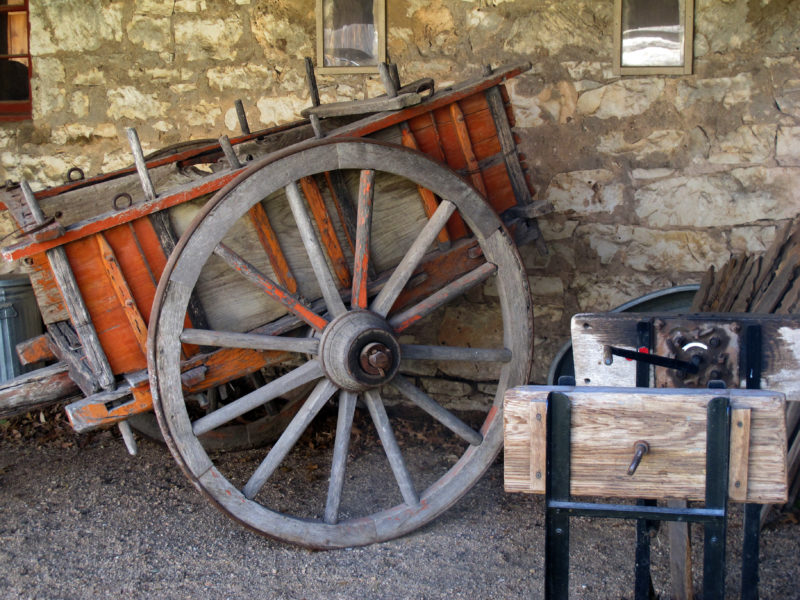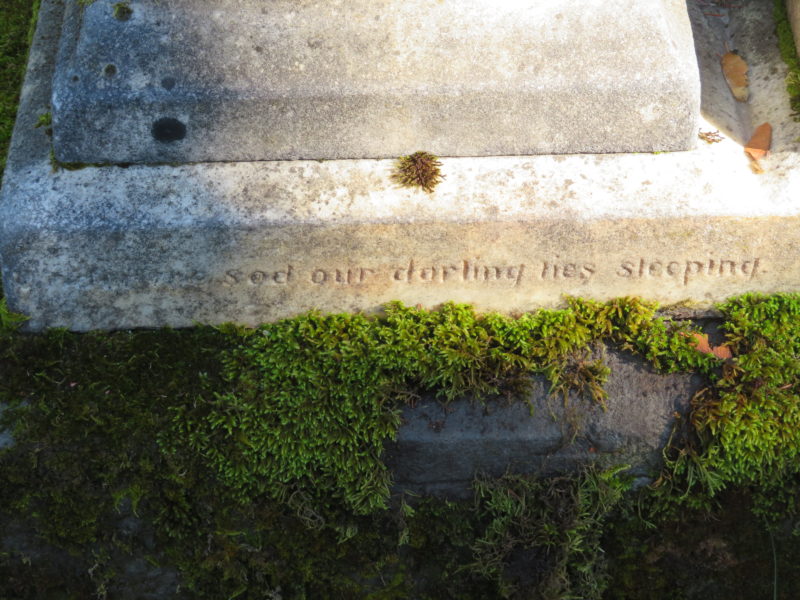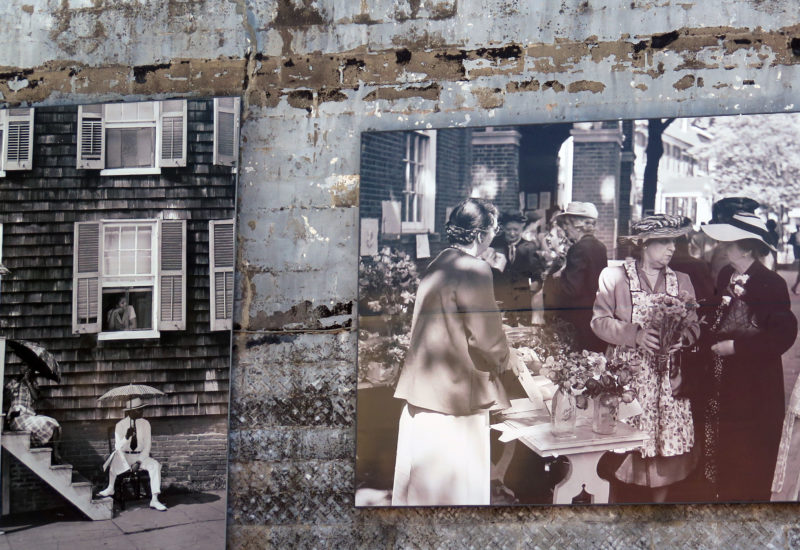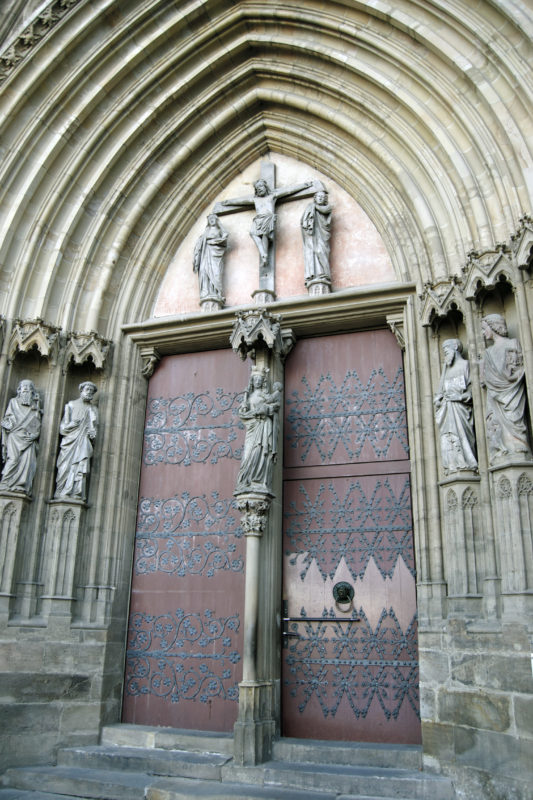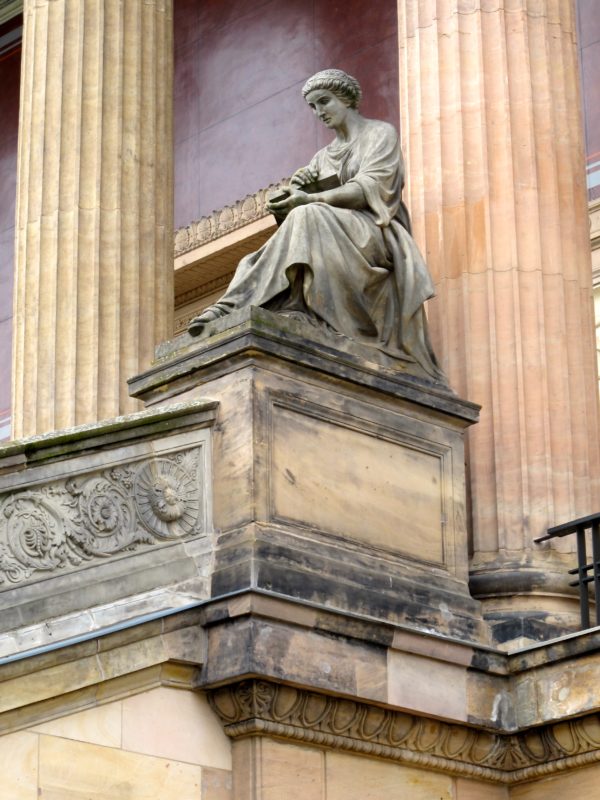
Last weekend a young friend introduced me to the term natural living skills. They are taught in communities around the country who share the desire to be friendlier to the earth, get away from the consumer-oriented world and reconnect with nature. Some of them remind me (longingly) of the old hippies of yore, some are rather professional as I detected when scouring the web to find out more about them. All of them might have an advantage should war or climate destroy the world as we know it.

If you look at the list of skills that are re-discovered there are the ones familiar by name: blacksmithing, bee keeping, basket weaving, canning, gardening, mushrooming, herbalism etc. Sort of what the pioneers did, with subsequent generations welcoming any and all invention that made life easier, mind you.

Then there are the skills that seem important during disasters as well, namely how to survive in the woods, find food through hunting, fishing and foraging, tanning, cord making etc. Here is a typical list offered in one of the many workshops offered:
http://www.whippoorwillfest.com/workshops.html

I found it particularly interesting, that the courses (see list above) that taught practical skills were intermixed with sessions of a more political nature, for example:
I hate people, the proper use of Razor wire and welcome to Cumberland Falls
This is a lesson in protectionism, an open discussion of use of trails to limited access. Social medias role in the destruction of valued areas in every state. Just who is responsible and how everyone can make a difference with the very first step.

Police Militarization and its Relevance to Appalachia
The militarization of police in the U.S. has gained real recognition as a consequential trend in the last few years. This workshop would review the issues and evidence surrounding this trend, and examine specifically its relevance to the Appalachian region and community.
Designing Urban Ecosystems: Social and Environmental Permaculture for Community Resiliency
Cities are ecosystems! Learn how to make them healthier through landscape design, culture design, community building, and future building. Some topics covered will include the creativity involved in edible landscape design, an overview of permaculture design and principles, varieties of edible and medicinal perennial plants that will grow well in the Whippoorwill climate, some lessons in land use policy and community organizing that should be applicable in various municipalities, and ways you can get involved in your community, your home, and in your own self-care to leave this world a greener, healthier place than you found it.

Maybe that is why I found myself reacting very differently than when thinking about the far-right survivalists who are really preparing themselves for doomsday scenarios, cached weapons in hand.
Some of the offerings in the natural living skill world are trendier, though, slickly packaged, and clearly not averse to making a buck. Some are turning their skills into resources for reality TV shows and the like.
http://www.truenature.org/earth-living-skills-course2.html

Some are offering 4 year courses to certify you as organic builders, advertising with at least a mention on “how to get rich”, albeit with frugal methods. https://naturallivingschool.com
The majority, though, are clearly drawn to a hands-on, close-to-nature life, in itself a somewhat privileged way of being, given that the majority of people in this country could simply not survive that way or aren’t healthy enough to try. Which doesn’t mean that people should not try to leave the grid – more power to them!

I am reminded by all this of a novel I read in the early 1990s. A Gift upon the Shore by M.K.Wren is a dystopian tale set on the Oregon coast after some disaster(s) – well, a pandemic, nuclear winter, collapse of civilization, to name a few. The good gals are two women named Hope and Morrow, a poet and a painter – subtlety is not the first thing that comes to mind in this otherwise spellbinding yarn – fighting the bad guys in a fundamentalist Christian group called the Arkites. They threaten our heroines’ golden project: to preserve all important books as a gift to posterity. For the fundamentalists, only one book, the Bible, is allowed. And of course all the while all of them are all barely able to make it on the land. Wren had a point here: sheer survival will not suffice. The accumulated knowledge about art, history, philosophy, handed down to us in written form, should not be wasted.

Photographs are from pioneer museums in Texas and Oregon – worthwhile trip for Portland readers would be Aurora – they have a sweet little museum there.








